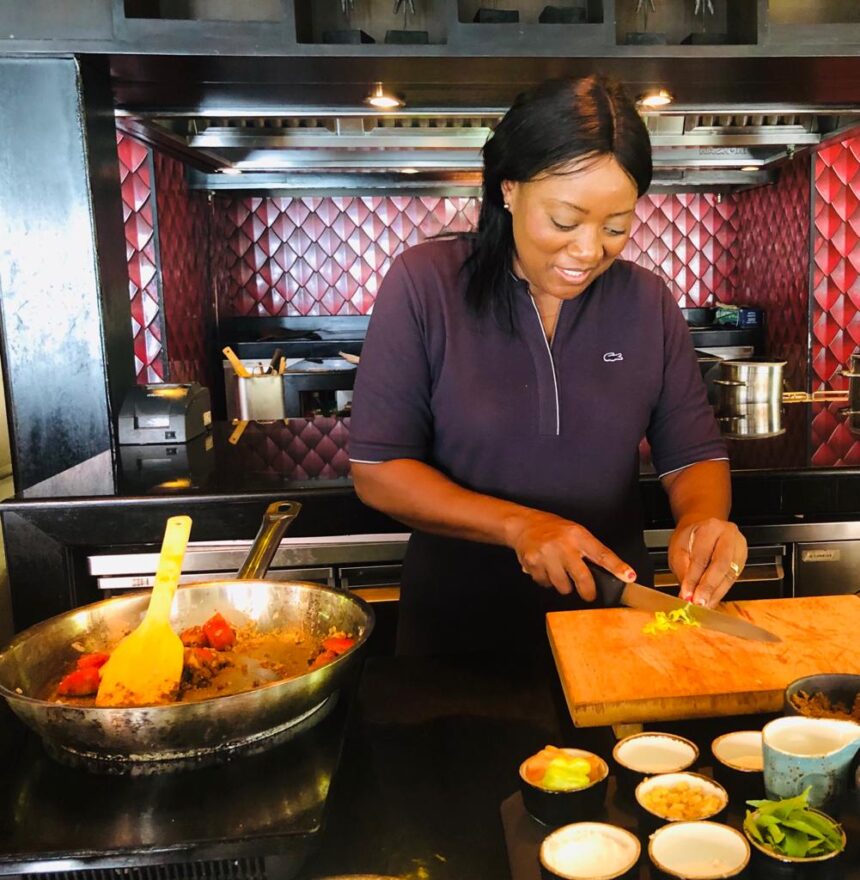May Hikumwah is a full-time farmer and horticulture and agro-food processing entrepreneur, who owns a garden named Omulamba Plantation in Okongo, Ohangwena Region, and their product brand is Elegance Foods.
She said starting her agribusiness journey has made her to acknowledge that food does not just come from the groceries stores.
“There are hardworking, passionate people behind each and every food item that we enjoy eating,” she told New Era.
According to Hikumwah, she and her husband put ideas together in 2020 during
Covid-19 and started the agribusiness by growing vegetables and fruit trees. Later, they ventured into farming with rabbits, pigs and poultry.
She said the ideas of farming, horticulture and agro-food processing were inspired by the need to boost the livelihoods of their community members by contributing to the country’s development and poverty alleviation.
“We grow different types of vegetables, depending on the season. We also have fruit trees such as avocados, grapes, mangos, lemons, granadillas and guavas. We do value-addition on our produce such as jams, juices and many more”.
An advocate of women’s empowerment programmes, she also encourages local farmers to grow more indigenous fruits in the region with regards to the relevance of improving food security and nutritional value.
Hikumwah said their project is unique “because we are targeting unemployment by working with six permanent employees, seasonal employees, and also households which are growing organic crops by buying their products through our value-addition project”.
“My plan is to encourage Namibian women to participate in agribusiness, and to ensure that our small-scale farmers are equipped with skills to better manage their farms. Also, to make them understand that even when the funded projects stop, they should be in a position to run their farms successfully. In future, depending on the increasing demand for our organic exports. I hope to increase the number of farming families we work with to hundreds,” she noted.
Their biggest challenges have been the high costs of food standard certification and transport.
Additionally, there is a general challenge when it comes to packaging. “These are the reasons why our locally-made products are expensive due to packaging materials’ shortages. We have to import our packaging materials from South Africa or elsewhere because there is no industry that produces packaging materials, especially bottling jars, in Namibia”.
She added that she enrolled herself for different horticulture training locally as well as internationally, and also trained through the Trade Forward Southern Africa (TFSA) item, an online eight-week training course on international trade, which was funded by the UK government.
In addition, Hikumwah is the secretary of Okongo Horticulture, and head of the Agro-Food Processing Association that was launched on 30 November 2022.
“We proudly celebrate these valuable achievements by distributing our products in our local shops due to customer demand. We feel proud when our communities support what’s made in Namibia, and the Grow Namibia initiative,” she added.


